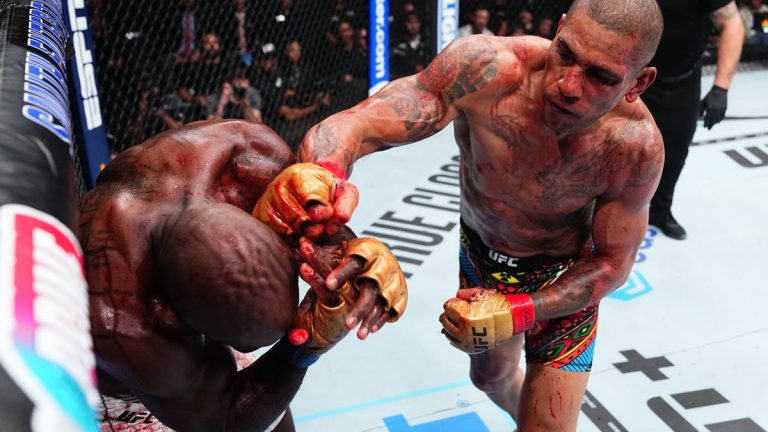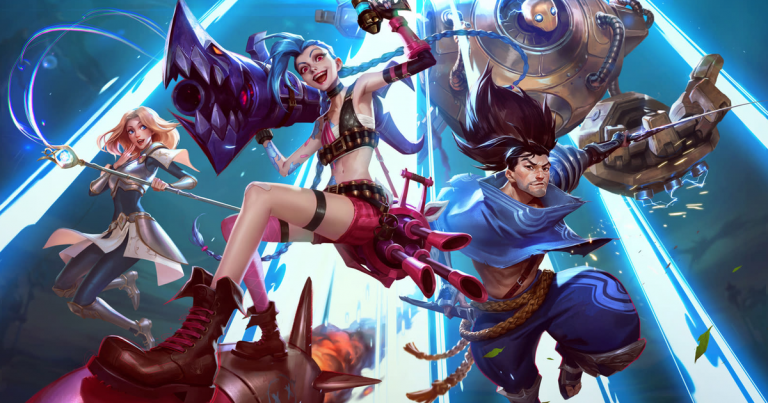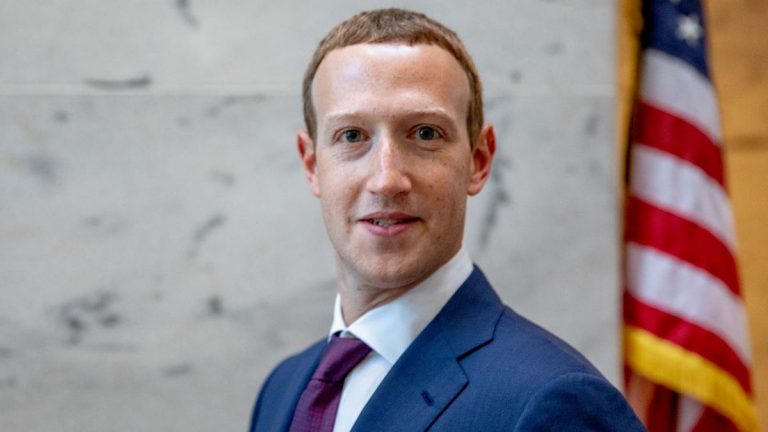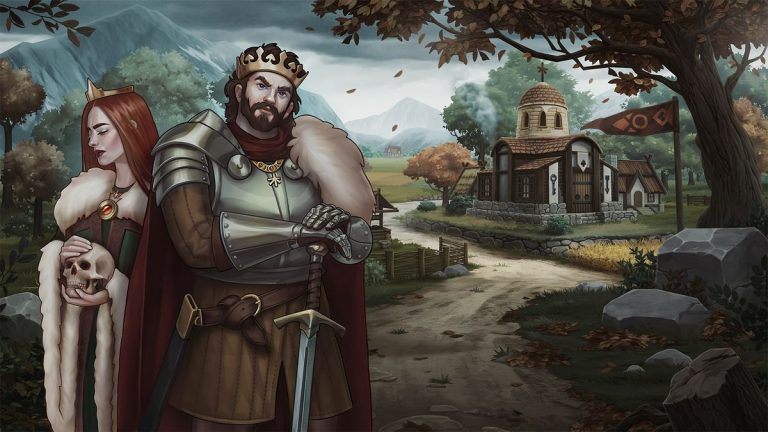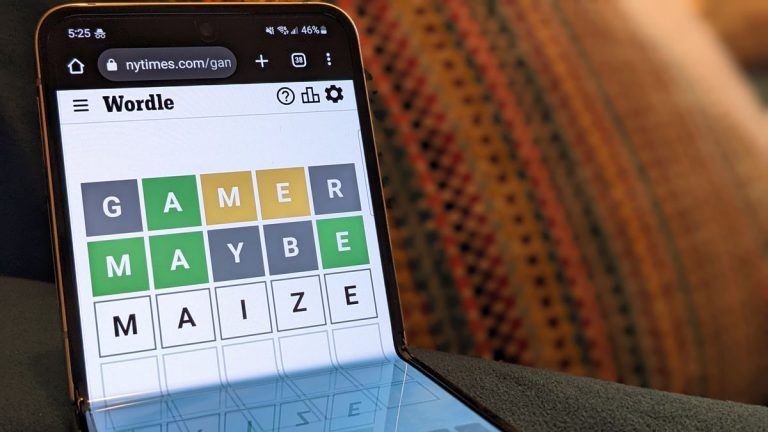Unlock the Truth: Steam’s New Initiative Warns You’re Only Buying a Game License
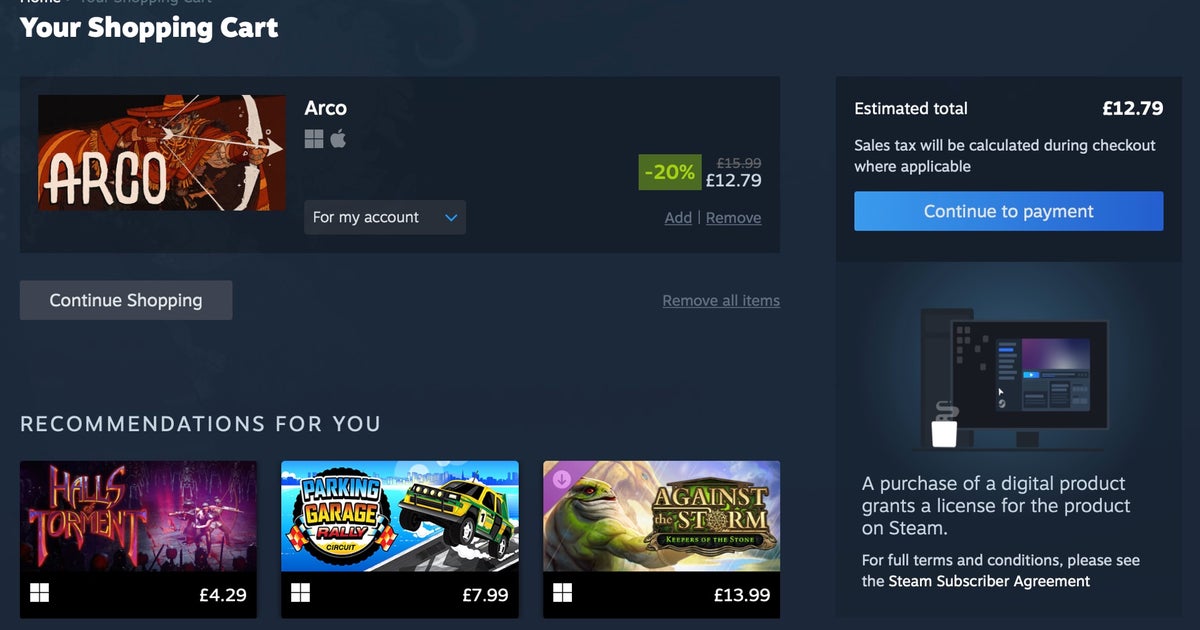
The Shift towards Digital Ownership: Steam’s New Message at Checkout
As California prepares to introduce legislation requiring storefronts to clearly label digital goods as licenses rather than outright ownership, Steam has taken the initiative by adding a new message to its checkout process. The message, which appears below the "Continue to payment" button, reads: "A purchase of a digital product grants a license for the product on Steam." This is followed by a link to the Steam Subscriber Agreement, providing additional information.
California’s New Legislation: A Step towards Transparency
The new California legislation, known as AB 2426, aims to make consumers more aware of the often-temporary nature of digital ownership. The law prohibits sellers from using language that could be misconstrued as indicating unrestricted ownership and requires storefronts to display a clear and conspicuous statement explaining the nature of a digital purchase. While the legislation doesn’t apply to games offered through subscription services, games given away for free, or games that can be downloaded and played offline, it’s a significant step towards greater transparency in the digital marketplace.
Steam’s Preemptive Move
As the new legislation is set to come into effect next year, Valve has chosen to take the initiative by updating Steam’s shopping cart to reflect the new language. This change affects customers worldwide, including those in the UK. The addition of this message is an effort to be more transparent and upfront about the nature of digital purchases, ensuring that customers are aware of the terms of their purchase.
GOG’s Cheeky Response
GOG, a digital storefront known for its commitment to DRM-free games, has taken a more lighthearted approach to addressing the issue. In a social media post, the company jokingly proposed creating a "checkout banner" of its own, featuring a message that reads: "A purchase of a digital product on GOG grants you its Offline Installers, which cannot be taken away from you." The goal, of course, is to highlight the permanence of GOG’s digital goods, which can be downloaded and played offline.
The Controversy around Game Ownership
The issue of digital game ownership has been making headlines in recent times, with high-profile instances of games being removed from owners’ libraries. In the past, Ubisoft quietly revoked the licenses for The Crew, and PlayStation chose to withdraw access to Concord, citing server shutdowns. The controversy has led to renewed discussions around game preservation and the establishment of initiatives like Stop Killing Games, which aims to mount legal and political challenges to the issue of purchased games becoming unplayable.
A Step in the Right Direction
While legislation like AB 2426 doesn’t solve the issue of game ownership at its root, it does represent an important step towards greater transparency and consumer awareness. By informing customers of the nature of their purchases, these efforts can help prevent misunderstandings and ensure that digital goods are treated with the same respect as their physical counterparts.
Key Points:
- California’s AB 2426 law requires storefronts to clearly label digital goods as licenses rather than outright ownership
- Steam has updated its shopping cart to reflect this change, now displaying a message that states "A purchase of a digital product grants a license for the product on Steam"
- GOG has taken a more lighthearted approach, proposing its own checkout banner with a message highlighting the permanence of its digital goods
- The issue of digital game ownership has sparked controversy and debate, with initiatives like Stop Killing Games aiming to address the problem of purchased games becoming unplayable

